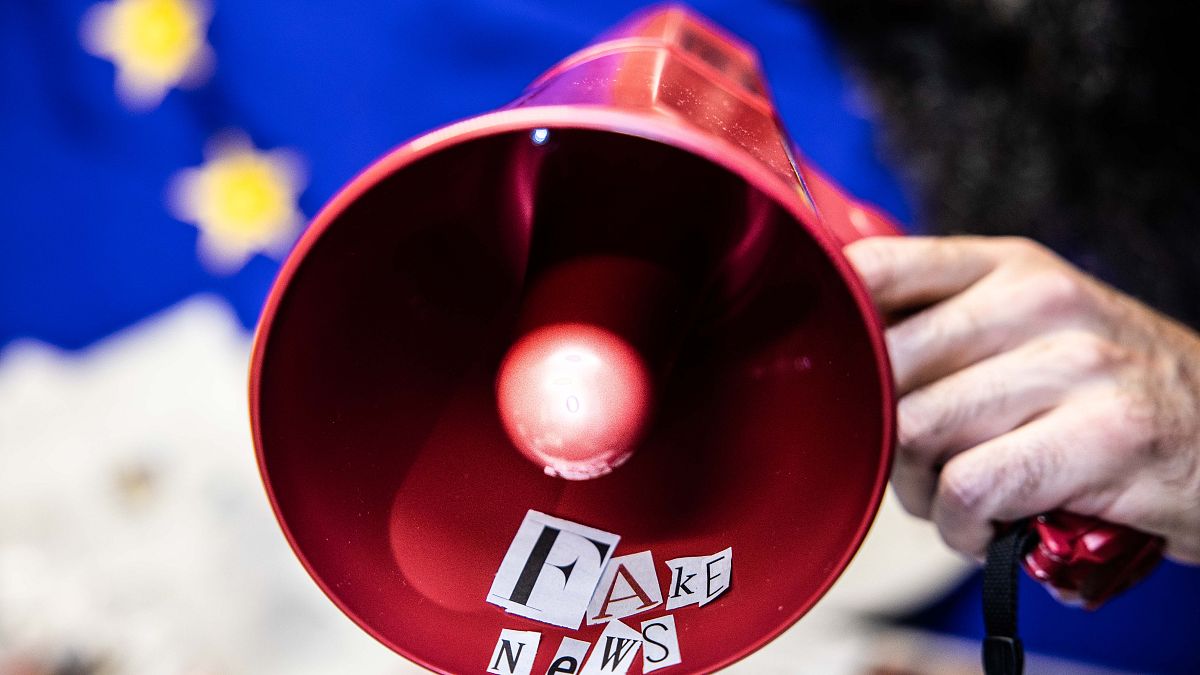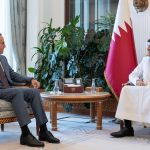The European Council has unveiled a new sanctions framework that targets individuals and entities working with Russia to undermine the EU’s values, security, and member states’ integrity. This framework focuses on areas such as spreading coordinated disinformation, sabotaging critical infrastructure, and instrumentalizing migrants. The rules, proposed by EU foreign policy chief Josep Borrell, aim to combat “malicious activities” orchestrated by Russia to divide European society, destabilize the EU, weaken member states, and undermine support for Ukraine.
Those designated under the new framework will face an asset freeze and a travel ban, among other restrictions. The EU seeks to prevent funds from being made available to these individuals and entities, in addition to barring them from entering or transiting through the bloc. The move comes amidst growing concerns about hybrid warfare, which combines conventional and digital tools. Russian espionage expert Michael Weiss warned of a “shadow war” conducted by Russia on NATO territory, with operatives and sleeper agents remaining in Europe to plan attacks.
Recent reports of sabotage bombings in Czechia and Bulgaria have been linked to a Russian secret service unit responsible for the poisoning of Sergei and Yulia Skripal in England. Weiss highlighted Russia’s strategy of emulating non-state actors like the Islamic State group by recruiting locals remotely via social media platforms and paying them in cryptocurrency. In response to the situation, the EU has already sanctioned over 1,000 individuals close to Putin, including oligarchs like Roman Abramovich, and targeted key economic sectors such as diamonds and gas.
Brussels has been actively developing tools to address hybrid warfare, which was identified as a growing threat to security by the Council in May. The EU’s determination to counter this threat is reflected in the new sanctions framework, which focuses on combating disinformation, election interference, and cyberwarfare conducted by Russia. By targeting those involved in undermining the EU’s core values and security, the EU aims to strengthen its resilience and support for Ukraine’s defense against Russian aggression.
The move to introduce new sanctions against Russia underscores the EU’s commitment to defending its values, security, and integrity against external threats. The framework, proposed by the EU’s foreign policy chief, Josep Borrell, aims to address coordinated disinformation campaigns, cyberattacks, and other malicious activities orchestrated by Russia to destabilize the EU and its member states. By imposing asset freezes and travel bans on designated individuals and entities, the EU seeks to prevent them from further undermining European security and resilience.
Russian espionage expert Michael Weiss has warned of a “shadow war” being waged by Russia on NATO territory through the presence of operatives and sleeper agents in Europe. Recent incidents, such as sabotage bombings in Czechia and Bulgaria, have been linked to a Russian secret service unit involved in high-profile attacks, including the poisoning of the Skripals in England. Russia’s use of hybrid warfare tactics, including remote recruitment via social media platforms, poses a significant challenge to European security and stability, prompting the EU to enhance its sanctions toolbox and countermeasures.
In response to Russia’s aggressive actions, including the invasion of Ukraine, the EU has imposed sanctions on a wide range of individuals and entities with close ties to Putin, as well as targeted key economic sectors. By leveraging economic pressure and travel restrictions, the EU aims to deter further malign activities that threaten European security and unity. The EU’s efforts to address hybrid warfare risks reflect its commitment to safeguarding its values, independence, and support for Ukraine in the face of external threats.










